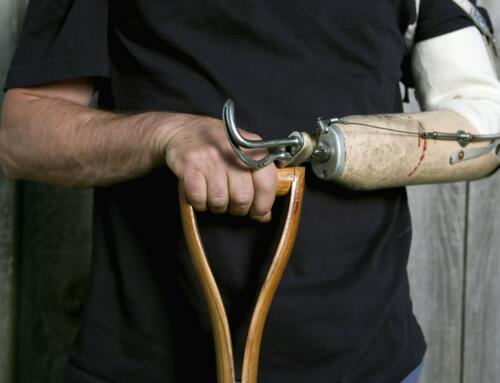Introduction
Workplace injuries are more common than you think. Statistics show that there were about 4,764 fatal work injuries in the United States in 2020. Accidents and workplace injuries can happen even if a person spends most days sitting in an office.
Employees have certain rights, and there is an entire legal process involved when an employee gets injured at work. However, employees often make mistakes when they get injured at work which may affect their compensation. This short article provides reasons why as an employee, you shouldn’t work after sustaining an injury at the workplace.
Employees Have Rights
Firstly, as an employee, you have certain rights. Most people return to work after sustaining an injury not because they want to but simply because their employer requests them to return to work.
This can be because the company is short-staffed, among other possible reasons. However, most employees are not aware that they have rights. Your employer should not request your return to work until the doctor you chose has approved your recovery. If you are an employee, who has sustained an injury and is still in recovery, you have the right to rest until recovery.
In the case that your employer threatens your job unless you resume work, you should speak to an attorney. There are laws in place that prevent employers from wrongly dismissing an employee simply because they are too injured to work. These laws exist to provide some sense of job security. After all, no one really gets injured on purpose in the first place.
Injuries Could Get Worse
Another important reason to ensure you recover and heal completely before returning to work is to prevent any further damage and unmanageable medical bills.
There is a reason your doctor advised you to take a certain amount of time away from work to rest. Most workplace injuries include muscle sprains, back & neck injuries, bone fractures, fatigue, and exposure to toxic substances, among others. The length of time you spend recovering depends on the severity of your injuries.
It is important to give your body the chance to recover even if you feel better. This reduces the risk of injuring yourself again or making the injuries worse. Also, working when you are still in pain might not be productive, and you should stay away till you’re much better.
If your doctor recommended three weeks, you should not consider going to work until after three weeks and if it is three months, rest for three months.
Returning to Work Early Could Affect your Compensation Claim
Another major thing to think about is your compensation claim. Basically, a compensation claim is a right demanded by an employee who was injured at the workplace. It is money that an employer is meant to give the employee for the damage done by suffering an injury at the workplace.
The money could be for medical bills and lost wages and may even cover other expenses associated with a workplace injury. The process of obtaining your compensation involves proving that the injuries were sustained while carrying out your work duties (Also read how long you can collect your compensation).
You could reduce your chances of recovering these funds if you resume work early after sustaining a workplace injury. This is because the insurance company for your employer might claim that you didn’t get injured in the first place or that the injury was probably not as bad as you are claiming it to be, making your case more complicated than it needs to be.
Even if your employer threatens your job or intimidates you by making your claim sound unreasonable, take legal action by defending your rights. This is why it is essential to contact an experienced attorney before taking action and returning to work.
Conclusion
After an injury has occurred, recovery should be your number one goal, and returning to work should be your number 2 goal. As an employee, try to avoid resuming work too early after sustaining an injury at the workplace.
Additionally, avoid handling compensation cases on your own without an attorney, even where the employer willingly offers compensation. Instead, hire an experienced attorney that can fight for your compensation claim.
Employers should develop more robust systems to prevent workplace accidents and a compensation program for employees who get injured at the workplace.







